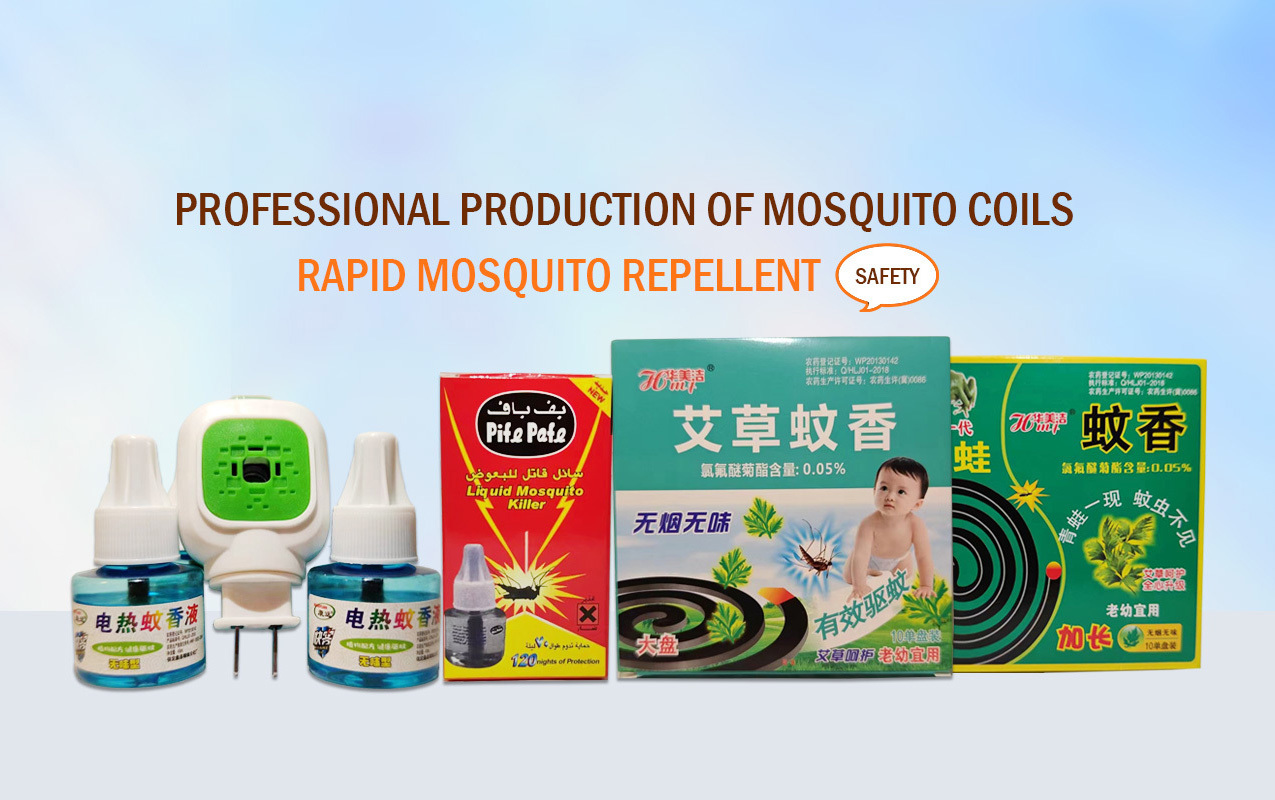Understanding Organic Insecticides: A Sustainable Approach to Pest Management
2025-05-11

Organic insecticides have gained significant attention in recent years as farmers and agricultural professionals seek sustainable solutions to pest management. Unlike conventional synthetic insecticides, organic insecticides are derived from natural sources, including plant extracts, minerals, and even certain beneficial microorganisms. Their use is rooted in the desire to promote ecological balance, reduce chemical residues in food, and minimize environmental impact.
One of the primary advantages of organic insecticides is their safety profile. Many organic products are less toxic to beneficial insects, such as pollinators and predatory species, which play crucial roles in maintaining healthy ecosystems. For instance, neem oil, derived from the seeds of the neem tree, is a well-known organic insecticide that disrupts the life cycle of pests without harming beneficial insects when used correctly.
Moreover, organic insecticides often have a shorter residue period, meaning they break down more quickly in the environment. This characteristic is particularly important for farmers focused on producing organic food, as it helps meet stringent organic certification standards. Using organic insecticides can also improve soil health, as they typically do not contribute to the chemical accumulation that can degrade soil ecosystems.
The efficacy of organic insecticides can vary based on factors such as pest type, application method, and environmental conditions. For example, pyrethrin, a natural compound extracted from chrysanthemum flowers, is effective against a broad spectrum of insects but can be less effective in high temperatures. Therefore, understanding the specific pest challenges in a given area is crucial for selecting the most appropriate organic insecticide.
In addition to direct pest control, organic insecticides can contribute to integrated pest management (IPM) strategies. IPM combines biological, cultural, and mechanical control methods alongside chemical solutions to manage pest populations sustainably. By incorporating organic insecticides into an IPM framework, agricultural professionals can reduce reliance on synthetic chemicals while effectively managing pest outbreaks.
It is also important to note that while organic insecticides can be powerful tools in pest management, they should be used judiciously. Over-reliance on any pesticide, organic or synthetic, can lead to resistance and other ecological imbalances. Thus, continuous monitoring, education, and adaptation are essential components of successful pest management strategies.
In conclusion, organic insecticides offer a viable and environmentally responsible alternative to traditional pest control methods. Their benefits extend beyond mere pest suppression, promoting biodiversity and sustainability in agricultural practices. As the agricultural sector increasingly prioritizes eco-friendly solutions, the role of organic insecticides will likely continue to expand, shaping the future of pest management. By understanding their applications and benefits, agricultural professionals can make informed decisions that align with sustainable practices and contribute to healthier ecosystems.
Recommend News
Contact Us
Leave Us A Message


